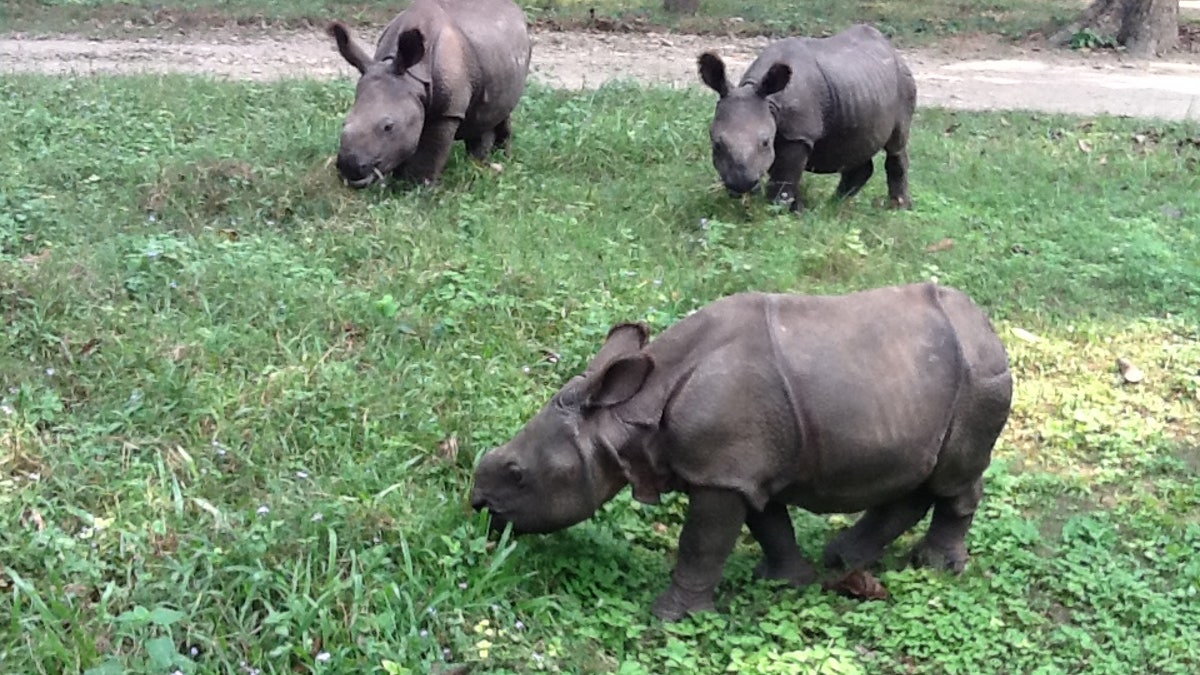
(Deborah McCauley)
Researchers at a wildlife conservation preserve in Nepal's Chitwan National Park, have announced the first confirmed case of tuberculosis (TB) in a young female Asian One-horned rhino. This discovery is the first infectious disease discovered in the rhino population and a crucial step in the fight for rhino conservation.
The discovery has been published in a paper in Emerging Infectious Disease and is the result of research that began in 2012. The research called on experts and organizations that included the Veterinary Initiative for Endangered Wildlife (VIEW), the National Trust for Nature Conservation (NTNC).
Related: Rare Sumatran rhino sighted in Indonesian Borneo
Although poaching has been eliminated altogether since 2013, Chitwan National Park still saw 31 rhino deaths due to unknown circumstances over the past five years. Until recently, the inability to pinpoint the cause of these deaths was due to a lack of having proper systems in place to investigate the culprit.
Researchers discovered that the organism responsible for causing TB in the rhino is part of the Mycobacterium Tuberculosis Complex (MTBC) group. It is a close relative of organisms that cause TB in humans and cattle. They also noted that in 2014, the World Health Organization reported 9.6 million new TB cases each year in the world’s human population.
Related: Cute zoo babies
Deborah McCauley, founder and executive director of VIEW, told FoxNews.coml that the discovery of TB in rhinos will fuel debate about how to best serve the human and animal populations that could potentially be affected. In the case of the rhinos, poaching and habitat encroachment are often at the top of the intervention lists, but disease, the third issue, has the potential to be the greatest threat, she said.
"We have suspected for several years now that disease was the missing piece to the conservation puzzle,” explained McCauley, via email. “Now that we have firm evidence of TB, we can help the parks to understand the risk of TB and other diseases threatening precious, endangered species in order to help prevent further spread."








































